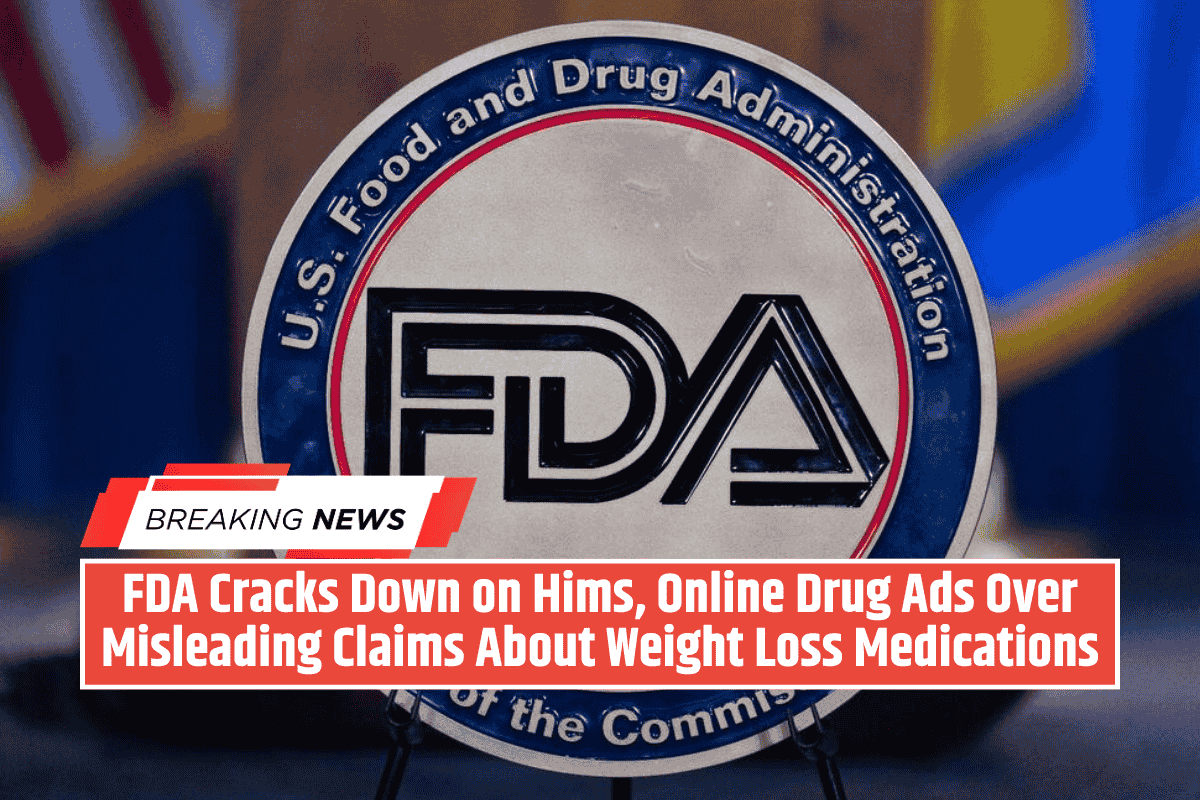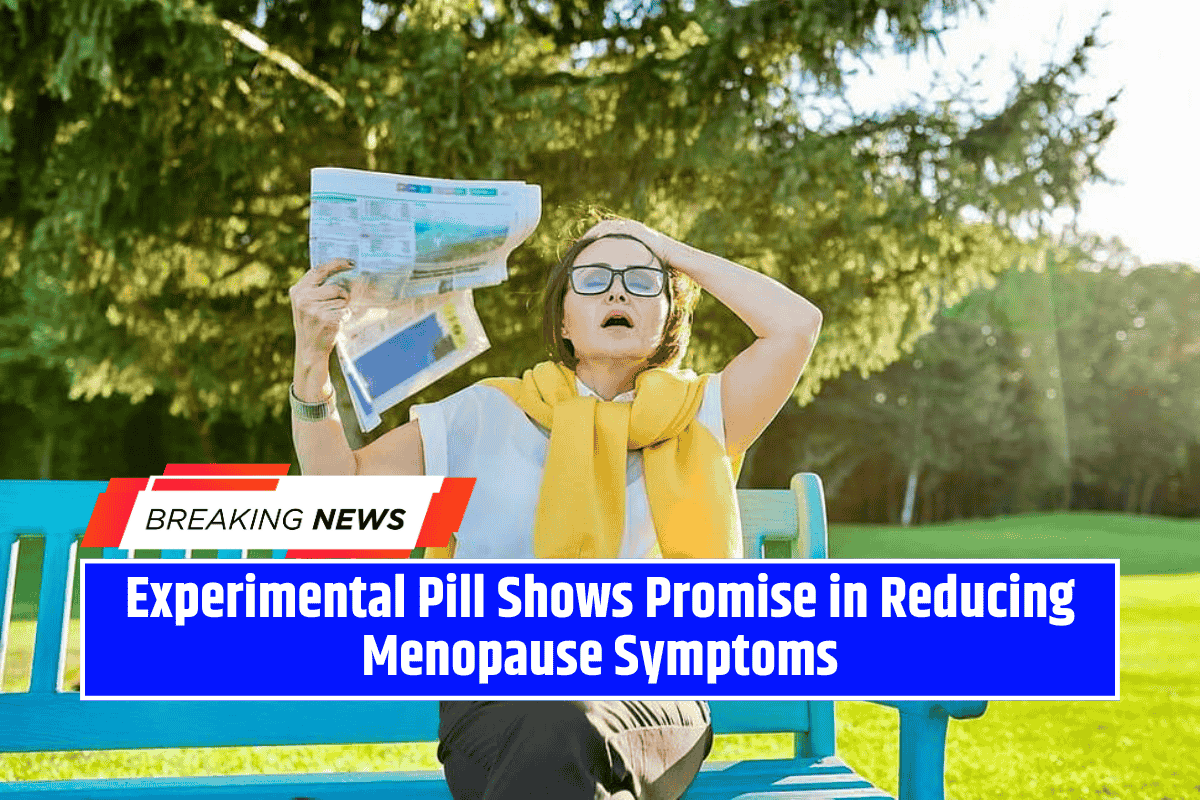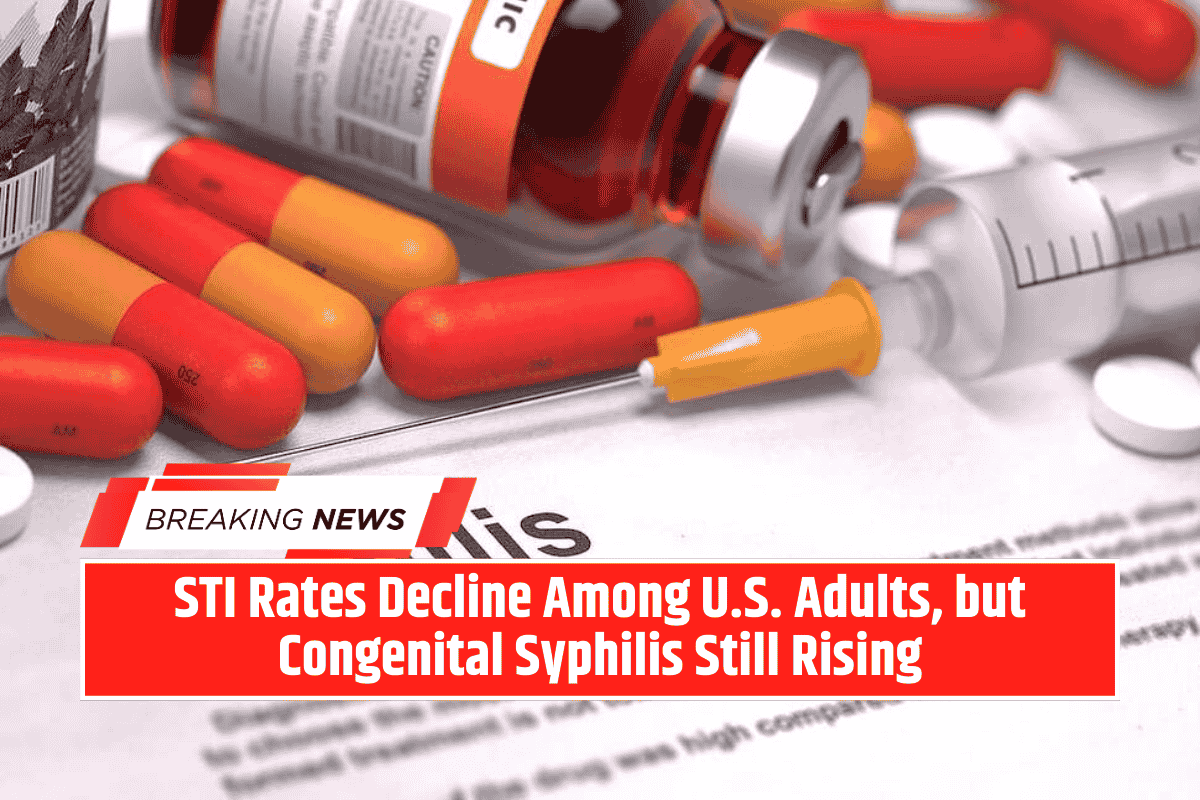For the first time, the U.S. Food and Drug Administration (FDA) is taking direct action against telehealth companies like Hims & Hers for promoting unofficial versions of popular prescription drugs.
This includes weight loss medications that claim to work like Ozempic and Wegovy — despite not being FDA-approved. The move is part of a wider effort by the Trump administration to clean up pharmaceutical advertising on TV, social media, and other platforms.
What Triggered the FDA’s Action?
On September 9, the FDA released over 100 warning letters targeting online drug companies and drugmakers. One of the most high-profile warnings went to Hims & Hers, a company known for selling low-cost alternatives to expensive medications through its online platform.
The FDA said the company’s website made “false and misleading” claims by suggesting that its compounded weight-loss drugs contain “the same active ingredient” as approved medications like Wegovy and Ozempic. The issue? These compounded versions are not reviewed or approved by the FDA.
In response, Hims stated that they mention on their website that their products are not FDA-approved and that they “look forward to engaging with the FDA.”
What Are Compounded Medications?
Compounded drugs are custom-made for patients by specialty pharmacies, usually when there’s a shortage of an FDA-approved drug. However, the FDA recently announced that the shortage status of GLP-1 drugs like Ozempic and Wegovy no longer applies — which technically should stop compounding of these drugs.
Even so, companies like Hims argue that they still offer customized doses based on individual patient needs, which keeps their services within legal boundaries. But the FDA isn’t buying that argument, especially when the marketing is unclear or exaggerated.
A New Approach to Drug Ad Warnings
The language used in these FDA letters is more direct than usual. Rather than only citing regulations in legal terms, the agency is now including “cease and desist” language — a much stronger warning to stop misleading promotions.
This more aggressive approach aligns with a recent memo from President Donald Trump, instructing the FDA and Health Secretary Robert F. Kennedy Jr. to ensure all pharmaceutical advertising is “truthful and non-misleading.”
Spotlight on Celebrity Endorsements and TV Ads
The FDA also issued separate warnings related to a 2024 infomercial featuring Oprah Winfrey, produced by drug companies Eli Lilly and Novo Nordisk. Regulators say the 42-minute segment downplayed the serious risks of drugs like Zepbound and Wegovy.
These medications come with potentially life-threatening side effects, and the FDA felt the ad gave a misleading impression of their safety.
It’s not just Hims under scrutiny. Even a recent TV ad for AstraZeneca’s FluMist vaccine was flagged for distracting visuals and upbeat background music that made side-effect information less noticeable. The FDA vaccine division, led by Dr. Vinay Prasad — a known ally of Kennedy — sent that warning.
Why Are These Ads Problematic?
Experts say the growing trend of flashy, emotional drug ads — especially on TV — is creating a culture where people look for quick fixes without fully understanding the risks.
According to the FDA and medical researchers:
- TV and online drug ads often gloss over side effects.
- People are more likely to ask for these drugs even when they don’t need them.
- These promotions may mislead consumers into believing they are safe or approved.
In 2015, the American Medical Association even supported a total ban on direct-to-consumer drug advertising, stating that such ads drive up demand for costly and sometimes unnecessary medications.
Impact on Hims & Hers and Similar Companies
Following the FDA’s announcement, shares of Hims & Hers Health Inc. dropped by more than 6%. The company, once known for selling generics for hair loss and erectile dysfunction, has recently shifted its focus to weight loss drugs — a booming business thanks to the popularity of GLP-1 medications.
Now, with regulators closely watching, the company may need to revisit how it markets its offerings.
The FDA’s crackdown on misleading drug advertisements marks a major shift in how online pharmacies and drugmakers will be monitored going forward. With the rise of telehealth and direct-to-consumer drug sales, the line between patient convenience and consumer safety is becoming blurry.
These new actions are a signal that both regulators and lawmakers are ready to draw that line more clearly. For consumers, it’s a reminder to be cautious about what they see in ads — because not everything that looks official is actually FDA-approved or safe.









